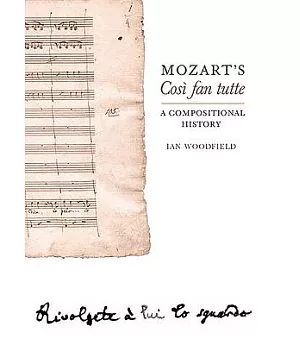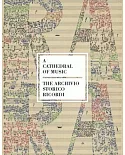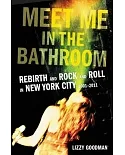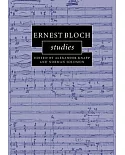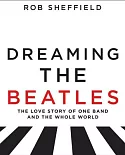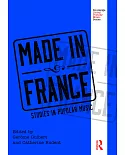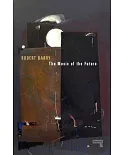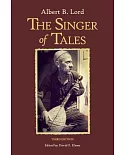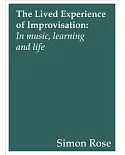An outstandingly significant feat of Mozart scholarship.... A fundamental reassessment of the early history of CosA穠 fan tutte and a major contribution to its critical evaluation as a work of
art. The author's scrutiny of the autograph score unleashes a torrent of information on how Mozart composed the opera, how he changed his mind or felt compelled to change his mind, how the
nature of the work itself changed and, most startlingly, a frank exposure of its many unresolved issues. The detective work has the thrill of the chase, but the material will appeal beyond
Mozart scholars to opera historians, biographers, musicologists, producers, conductors, performers, and those involved in performance practice. Professor DAVID WYN JONES, Cardiff University.
This study proposes a hypothesis to account for some of the opera's long-standing 'problems'. It suggests that Mozart considered the idea that the pairings in Act II should not be crossed: that
each of the two disguised officers should seek to seduce his own woman. Although this alternative plot structure was rejected, signs of it may remain in the final score, in the uneasy
co-existence of dramatic duplicity and musical sincerity, and in the ending, in which the easy restitution of the original couples seems not to take account of the new passions that have been
aroused. Evidence that several of the singers were re-cast is also presented. In addition to these radically new ideas about the conceptual genesis of CosA穠, the book also provides a full
account of the work's compositional history, based on early Viennese and Bohemian copies. Four different versions are identified, including a significant revision in which Mozart removed the
Act II finale canon. The composer's probable involvement in the 1791 Prague production is also discussed. IAN WOODFIELD is Professor of Historical Musicology, School of Music and Sonic Arts,
Queen's University Belfast.

